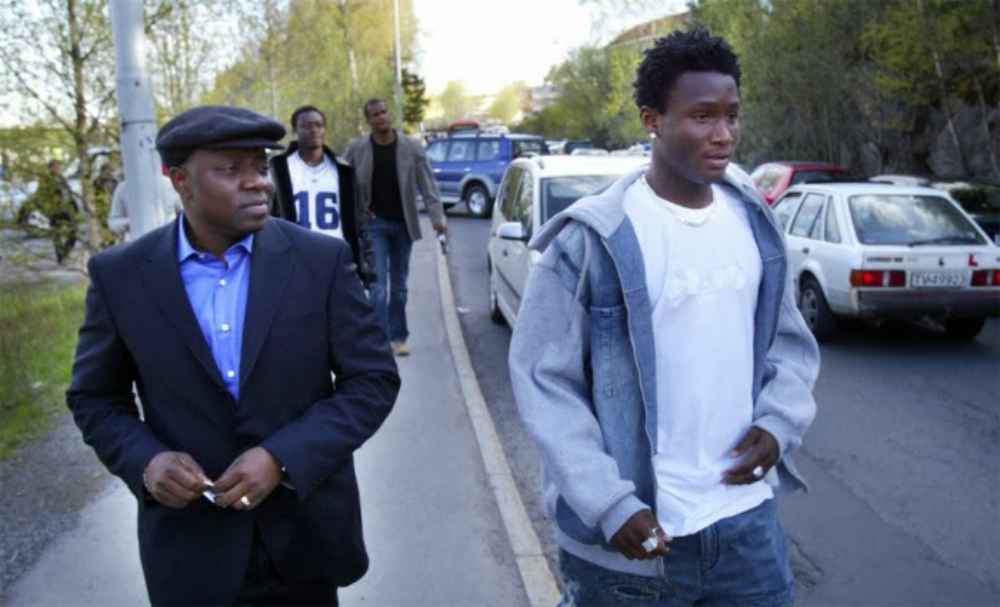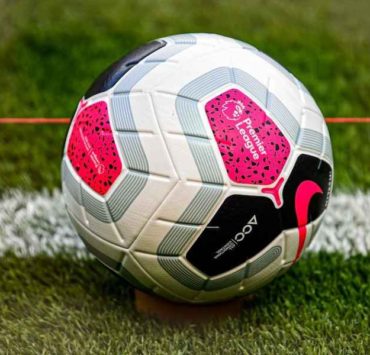Exploring the Role of the Football Agent in the Modern Game of Football

Lawyard is a legal media and services platform that provides…
The game of football cuts across various markets – from broadcast to the pitch, even to player representation. Football intermediaries have become a huge part of football, as player representation has become lucrative especially for the agents who represent top players or strike big deals. However, most Nigerian players are yet to understand a few things in terms of how football agents (and football agency) work, or operate.
Who is a football intermediary?
A natural or legal person who, for a fee or free of charge, represents players and/or clubs in negotiations with a view to concluding an employment contract or represents clubs in negotiations with a view to concluding a transfer agreement.
Further, an agent is a representative and intermediary who handles the interests of a player or multiple players. This basically means an agent takes care of the transfer of a player from one club to another. He also handles player and contract negotiations – for example, players who want to extend their contracts with their clubs.
Asides the on pitch negotiations, the agent also handles other aspects of the player’s career – sponsorship contracts, public appearances, interviews, etc. Thus, the agent gets to handle both the on pitch and off pitch issues of the player.
It is important to note that an agent can act on behalf of both player and clubs – however, there must not be a conflict of interests.
Who can be an agent?
This is an interesting question, which also has an interesting answer – anyone can be an agent. You do not have to undergo any course to be a football agent, although it is a tricky field.
However, while anyone can be a football agent, you would need to be registered under your country’s Football Association (FA). Article 3 (1) of the FIFA Regulations on Working with Intermediaries states that, “For the sake of transparency, each association is required to implement a registration system for intermediaries that has to be publicized in accordance with article 6 paragraph 3 below. Intermediaries must be registered in the relevant registration system every time they are individually involved in a specific transaction”.
In essence, while anyone can become an agent, they must be registered with their country’s registration system, especially when they are involved in a specific transaction.
It is important to note that a while ago, agents were registered under FIFA (a centralized system, if we can call it that). However, the change in regulation decentralized it, and made Member Associations take charge of the registration of agents. This however creates a problem, as various standards are set by various Associations, thereby making it easy for agents to side steps certain rules when it suits them.
What to note when engaging an agent
Most times when players hire agents, it’s mostly due to the fact that such agents have the skill sets to help get them what they want – in terms of transfers or new contracts. This remains one of the main reasons why the top players hire the big agents when it comes to scenarios like these. However, before hiring an agent, the player or club must conduct a “due diligence” on the agent to make sure there are no conflict of interest and that there is a representation contract between the parties.
Article 2(2) of the FIFA Regulation on working with intermediaries states that, “In the selection and engaging process of intermediaries, players and clubs shall act with due diligence. In this context, due diligence means that players and clubs shall use reasonable endeavors to ensure that the intermediaries sign the relevant Intermediary Declaration and the representation contract concluded between the parties.”
What to note in a representation contract
Just like football contracts have certain terms which would make them binding; it also applies to representation contracts. It is important for the players or club to specify the role of the agent – whether it is just consultancy, or if it is to involve representation.
Article 5(1) states that, “For the sake of clarity, clubs and players shall specify in the relevant representation contract the nature of the legal relationship they have with their intermediaries, for example, whether the intermediary’s activities constitute a service, a consultancy within the scope of Article 1, Paragraph 1 of these regulations, a job placement or any other legal relationship.”
This makes the role of the intermediary clear, and does not need a lot of deliberation or interpretation. Article 5(2) makes it clear that the main points in a legal relationship between an intermediary and a player/club must be evidenced in writing.
Further, the representation contract must contain the following minimum details; the names of the parties, the scope of services, the duration of the legal relationship, the remuneration due to the intermediary, the general terms of payment, the date of conclusion, the termination provisions and the signatures of the parties.
It must be noted that if the player is a minor, the player’s legal guardian(s) shall also sign the representation contract in compliance with the national law of the country in which the player is domiciled.
The problem of conflict of interest
One of the issues FIFA has tried as much as possible to curtail is the conflict of interest. This means that an agent must try as much as possible to make sure that they are not involved in a transaction that might prove to be a conflict of interest.
Furthermore, Article 8(2) provides an exception to the conflict of interest rule. It states that, “no conflict of interest would be deemed to exist if the intermediary discloses in writing any actual or potential conflict of interest he might have with one of the other parties involved in the matter, in relation to a transaction, representation contract or shared interests, and if he obtains the express written consent of all the other parties involved prior to the start of the relevant negotiations.”
In essence, the intermediary must disclose in writing if there is or would be any conflict of interest. Also, either or all the parties must sign a waiver which shows they know there is or might exist a conflict of interest, however, they are willing to go ahead with the deal.
SANCTIONS
Due to the fact that intermediaries are registered under Member Associations, they can be sanctioned by the Member Associations, and not FIFA. The Associations must in turn inform FIFA of the sanctions or measures taken against the intermediary.
Eribake Ayomide is a Sports Law enthusiast and researcher. He has a keen interest in football, and has researched and written various articles across various topics. Aside from his interest in sports law, he also has keen interest in Insurance Law and has been a huge advocate for the introduction of sports insurance in Nigerian sports to protect athletes and improve their welfare. He can be reach via email at eribakeoloruntoba@yahoo.ca.
Lawyard is a legal media and services platform that provides enlightenment and access to legal services to members of the public (individuals and businesses) while also availing lawyers of needed information on new trends and resources in various areas of practice.














Mehn, this is so knowledge filled but yet easy to understand for someone like me that rarely watched football
Learnt many things just in few minutes of reading this work.
I must say, i am inspired too.